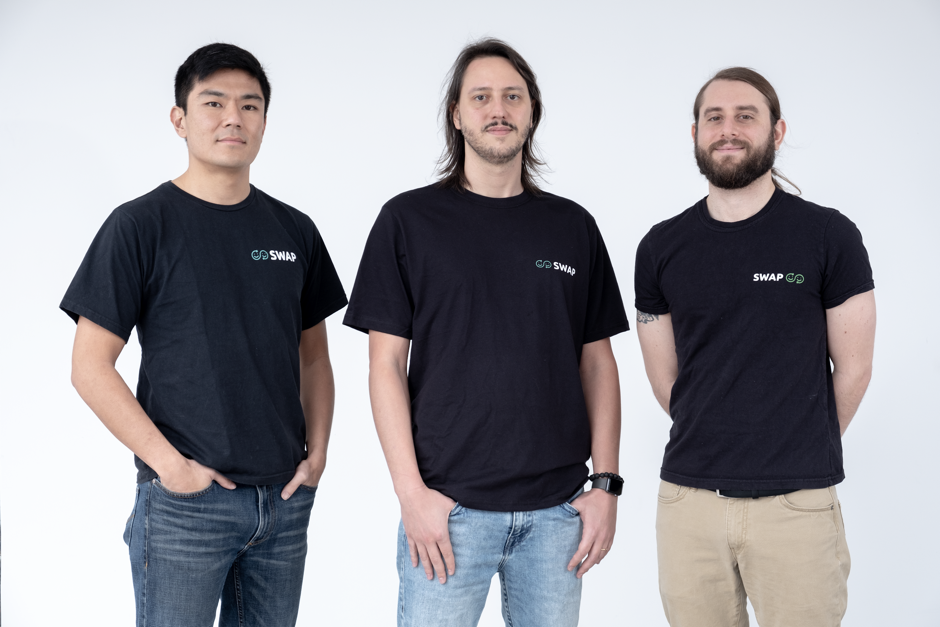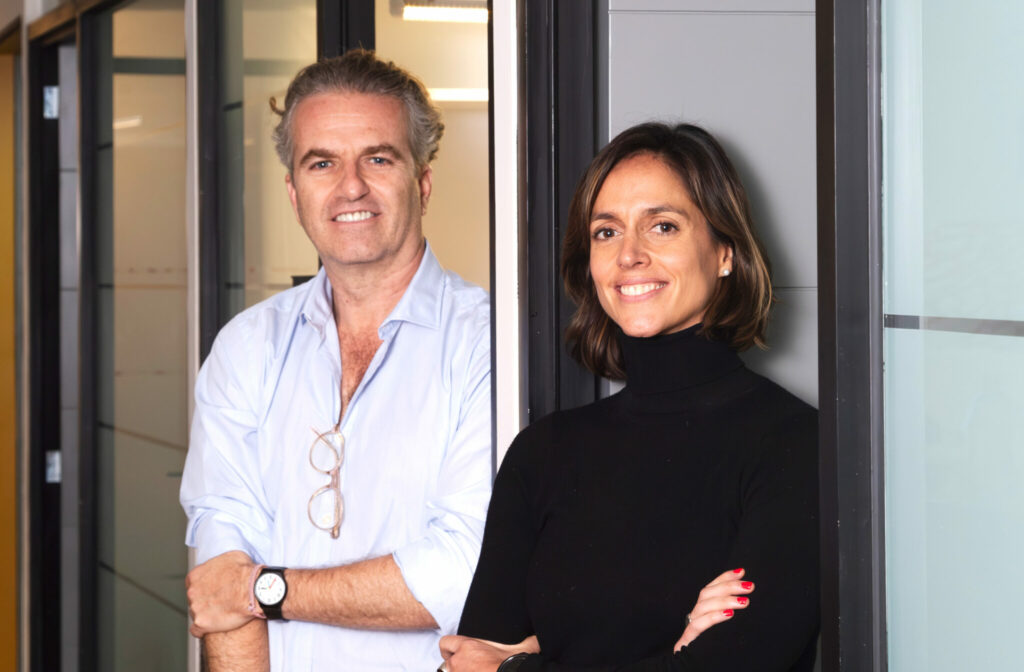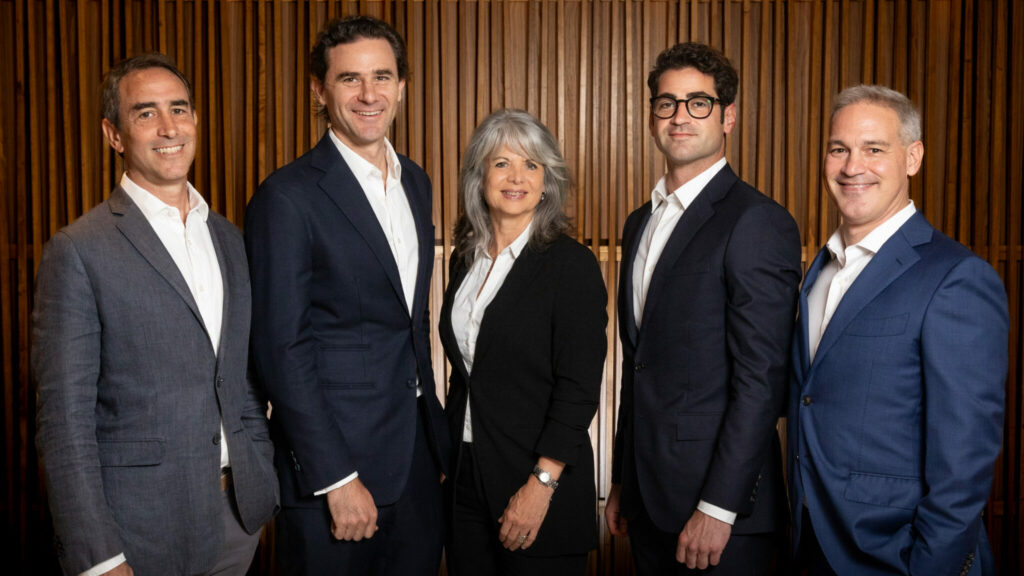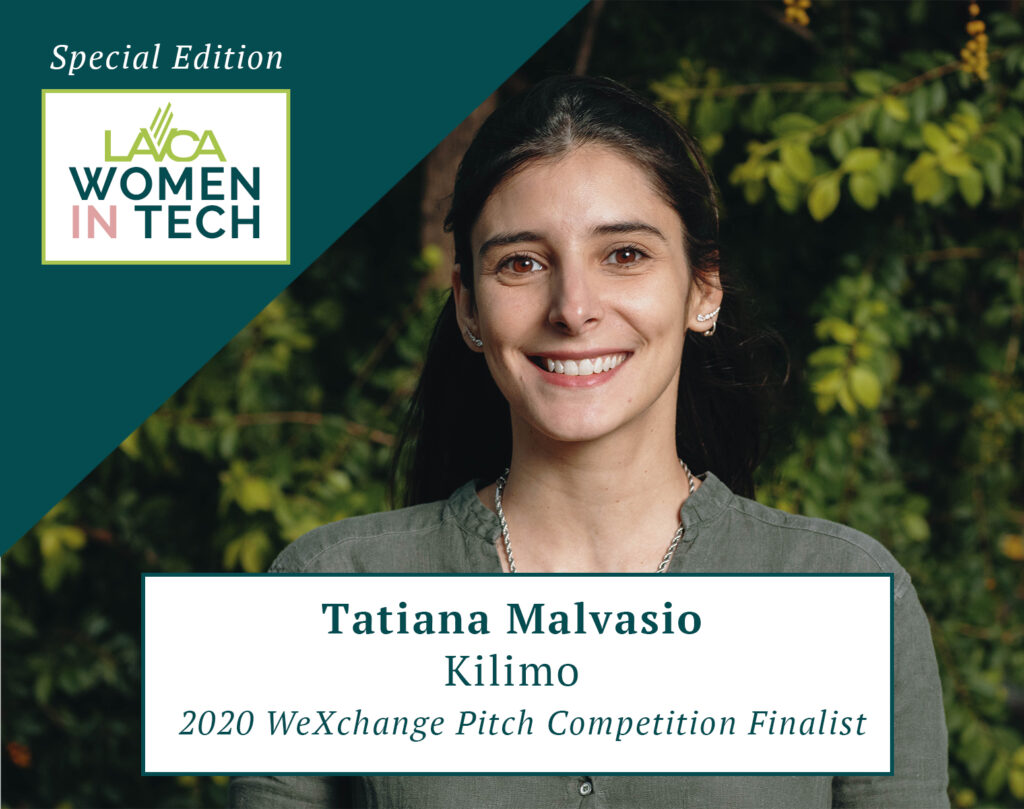Entrepreneur Profiles
Banking as a Service: An Interview with SWAP Co-Founders Ury Rappaport and Douglas Storf
16 July 2020

Company: SWAP
Investors: ONEVC, GFC, Flourish Ventures, a.b.seed, Hustle Fund, Brad Flora, Patrick Sigrist, Canary, SOMA Capital, Rhombuz Ventures, Brad Flora, and Patrick Sigrist.
Interview with: Co-Founders Douglas Storf and Ury Rappaport
SWAP, a Brazilian fintech services provider for enterprises launched by former Didi-99 executives, raised an undisclosed round in June 2020 from Global Founders Capital, ONEVC, and Flourish Ventures, with participation from angels Brad Flora (YC) and Patrick Sigrist (iFood).
LAVCA interviewed co-founders Douglas Storf, former Head of Strategy at 99, and Ury Rappaport, former Business Development Lead at 99, for more insight on SWAP and its current standing amid the C19 crisis.
LAVCA: Why did you launch SWAP in 2019 and what problem are you trying to solve?
At 99, we realized how much the company relied on multiple integrations with different agents in the financial services. On the passenger side, 99 was required to integrate with acquirers and accept as many payment methods as possible, and on the driver side, the company needed to handle disbursements via prepaid cards or bank transfers as efficiently as possible.
Managing multiple payment providers was time consuming and laborious, especially when the legacy systems suffered from major outages. By the time 99 was sold to Didi Chuxing, the problem motivated us to create an internal fintech within 99 and optimize the financial flow to improve the experience of the user base and the overall unit economics.
After months of seeking an alternative infrastructure provider with no success, it became clear that there was a huge opportunity in the space. That was when we decided to leave the team at Didi and create our own “Banking as a Service” platform.
Alexandre Takinami, who had co-founded GuiaBolso, which raised more than US$55m in total funding backed by Vostok, QED, Ribbit, Kaszek Ventures, was excited to join SWAP as a second time founder and develop a Banking as Service platform from scratch, wholly based on the cloud.
SWAP’s clients have access to a comprehensive range of banking services through a single API, while behind the scenes, all the bureaucracy and hardcore backend integrations are handled by its team. This combination is ideal for startups such as marketplaces and fintechs.
LAVCA: Can you walk us through the concept of Banking as a Service and how is SWAP helping its startup clients?
SWAP enables the launch of a new fintech in a few days, with no minimum number of users required and a friendly business model for both startups and more mature companies. SWAP’s offering includes bank wire transfers, bill payments, and even card issuing, our most recent product launch, which is currently available for beta consumers only.
Our issuing platform is unique in the Brazilian market because it has a direct connection with the card network and its own card processor. This changes the game for startups, reducing setup costs. Clients can have multiple balances per card, customize authorization parameters, and create spending restrictions, such as merchants whitelists and velocity controls.
LAVCA: What is the advantage for startups to use SWAP versus building financial infrastructure in house?
Worldwide, it takes around 2-3 years of upfront work and a US$2-5m investment to create the infrastructure required to launch a fintech, without taking into account the specific technical knowledge involved. That is a relevant barrier to entry for any startup. Considering that a startup’s seed round is often smaller than US$5m, it simply does not make sense to spend such a large percentage of an early-stage company’s total funding in building all of this in-house, unless they are exclusively focused on infrastructure. That equation does not get much better once a fintech scales and needs to invest its talent and resources into building awareness and the best possible experience for its users.
We enable new fintechs to be built from the ground up in 2 weeks to 3 months. We are the AWS for payments. To make sure that our clients get the most efficient deal, we have created a very modular product portfolio. Frequently, our clients choose us over the alternatives because we offer more focused solutions instead of a complex bundle of services. The transparency and straightforward nature of our services has allowed us to win over our clients’ trust, enabling product upsells to happen very organically.
LAVCA: How is SWAP navigating the current C19 crisis? Has your business model changed, or have you gained any additional insights about your client’s needs?
The C19 crisis initially generated a great deal of uncertainty and we were very concerned about the potential effect on our industry and our clients’ businesses. However, what we have seen so far is that many of them are still growing, which translates to an increase in the demand for services like ours. At the same time, it is in times like this that companies tend to focus on product development and strategic initiatives that take time and investment to build but can fundamentally improve their businesses in the long run, both in terms of user experience and economics. We are following the same strategy, now focusing on testing our new Card Program, enabled by our card issuing infrastructure.
You may be interested in...
-

Is AI a Thing in Latin America? In Conversation with Hi Ventures
LAVCA sits down with Hi Venture to discuss their evolving thesis and vision for...
-

The Future of B2B Startup Investing in LatAm: In Conversation with NXTP
NXTP Ventures recently reached a USD98m final close for NXTP Fund III, its third...
-

A 20-Year Journey: An Interview with Technisys CEO Miguel Santos
Company: Technisys Investors: KASZEK, Dalus Capital, Riverwood Capital Interview...
-

Satellite Analytics & Irrigation Systems: Interview with Kilimo COO Tatiana Malvasio
Company: Kilimo Investors: NXTP Ventures, Alaya Capital, The Yield Lab, Xpand...